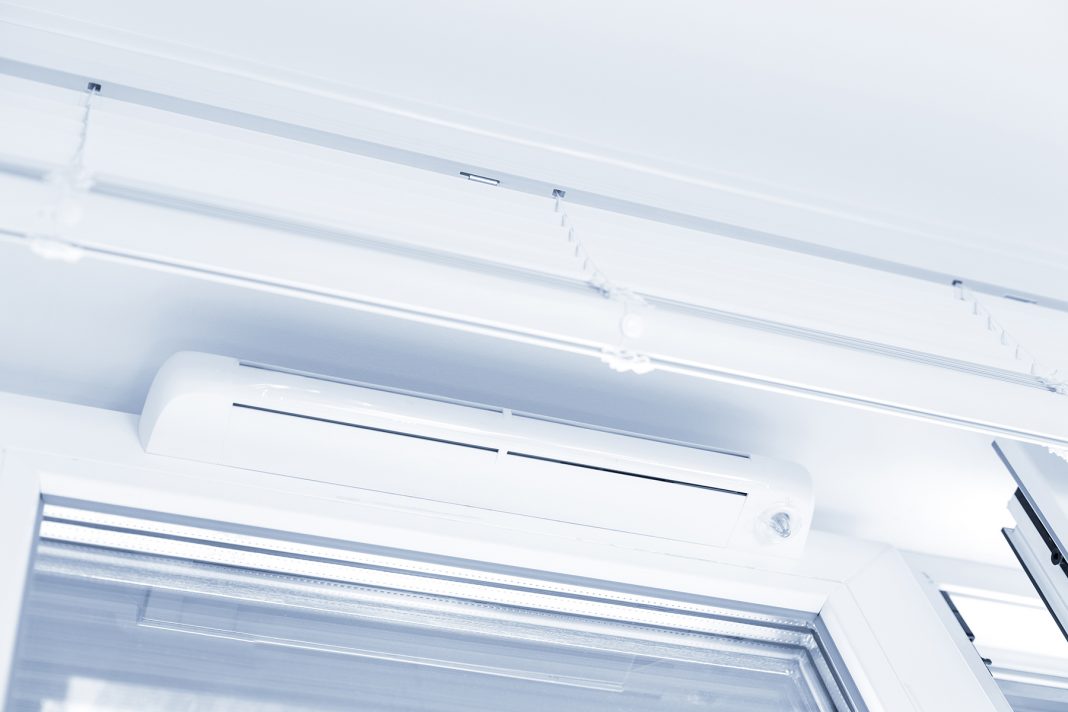The Glass and Glazing Federation has hit out at the paradox of the two most controversial of the impending Building Regs changes, saying they will add to the already record-high heating bills facing homeowners.
The changes, which require the majority of replacement windows and doors to be fitted with trickle vents, contradict regulations which will come into force at the same time that require such products to be more energy efficient, says the organisation.
Head of government advocacy Chris Beedel explained: “From the 15th June 2022, Approved Document L requires the majority of replacement windows and doors to be more energy efficient, which will help keep people warm by ensuring less heat escapes their home. But in a cruel twist, Approved Document F, will require that holes are punched into the new windows and doors in order for them to provide sufficient additional ventilation to meet the government’s new standards.
“While there are many occasions where better ventilation in homes will be good for the health of the occupants, we must trust in homeowners to open windows to ventilate their properties. After all, that was the guidance issued by the government during the Covid pandemic.”
The window and door industry is in an impossible position where the new regulations will not have homeowner support. In a Fensa survey undertaken in 2021, 94% of responses said that homeowners will not want trickle vents in their windows.
GGF John Agnew said: “This is an overwhelming majority and whilst we have shared this information with the policy makers, the government are resolute that the changes will come into force regardless. For many years consumers have taken steps to reduce drafts in their homes and make them easier to heat, this change to the building regulations is a complete U-Turn!
Other concerns passed to the government about these changes include:
- Increased fuel costs for those in fuel poverty
- Trickle vents are often taped up or closed by occupants to reduce drafts, rendering them pointless
- An increase in noise from outside the home
- Vehicle emissions and particulates may enter people’s homes
John Agnew concluded: “Clearly we would like to see the introduction of Approved Document F deferred until such time as these issues have been properly addressed. Once again it will be the average working family that will be impacted through additional heating costs, which could cost up to £500 per year.”












